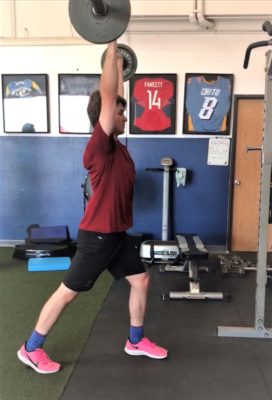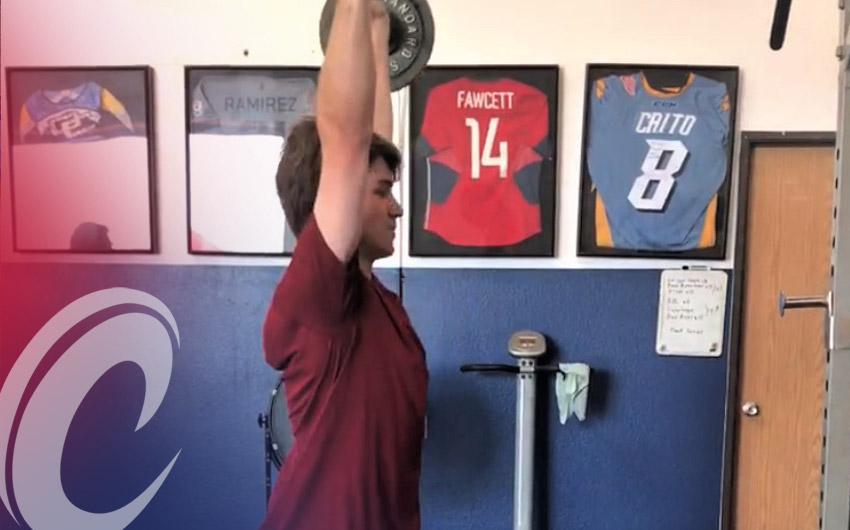 After a couple of years of modified or shortened seasons due to the pandemic, it has been a nice problem to have so much hockey going on now. As we draw closer to the end of the season and hopefully the beginning of playoffs, we need to keep our bodies healthy and fit despite the grind of a long year.
After a couple of years of modified or shortened seasons due to the pandemic, it has been a nice problem to have so much hockey going on now. As we draw closer to the end of the season and hopefully the beginning of playoffs, we need to keep our bodies healthy and fit despite the grind of a long year.
Many players combine multiple hockey activities into one season. Between club/travel, high school team, skating lessons, and stick times, the body will start to fatigue and change by the end of a season. Studies show that there is an increase in your internal load (the body’s response to the demand of exercise) in later stages of the game and later in the season. Neuromuscular fatigue has also been shown to increase, especially in the late season phase. This means that the hockey player will not be able to contract their muscles with enough power to efficiently perform the desired action.
Towards the end of the season, many athletes and coaches will choose to skip out on their gym or dryland workouts to save energy for the ice. In contrast, age-appropriate training of the right metabolic energy systems will better prepare the athlete for the demands of late-season and playoff games. Efforts should be made to not overload the athletes with ice time while sacrificing proper care of nagging injuries or mechanical dysfunctions. Nor should the athlete rest too much, allowing body fat percentage to rise too high, as studies show body composition may impact on-ice performance.
Every team and/or athlete is different and handles the rigors of a late-season push differently. Applying the above principles to find the right balance of ice time and dryland training time will be unique to each situation. The key is to be as healthy as possible and prepared when it matters most. Make the effort to set aside time to care for nagging injuries and use corrective exercises to fine-tune the body. You may miss a little time on the ice, but it will pay dividends in the playoffs when you need it most.
Mike Hannegan is an Athletic Trainer and Strength Coach with ten years of experience in the NHL with the Anaheim Ducks and St. Louis Blues. He is currently the Director of the Compete Sports Performance and Rehabilitation facility inside The Rinks Yorba Linda Ice located in beautiful Orange County, CA.

